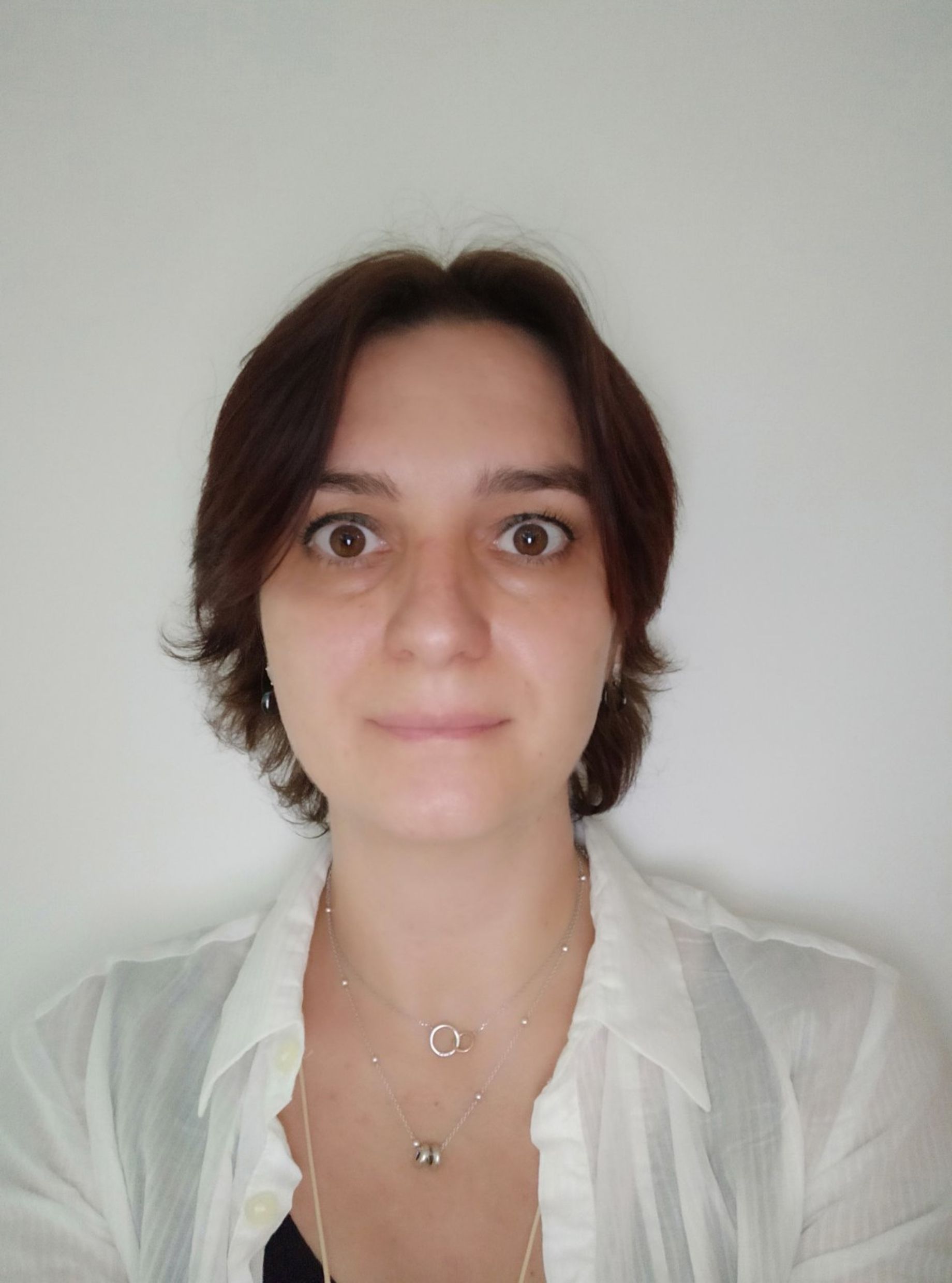2024-25
Discursive Power of Digital Culture in Times of Crisis: Russo-Ukrainian War and ist Symbolic Representations
Russia’s War of aggression is not only a brutal attempt to conquer a new territory by invading a sovereign state, it is also an information war. The war has become content that flows across every platform at once (Chayka 2022). This first “TikTok war” or this “First Social Media War” has many innovative forms of informing and narrating the wartime experiences which reshapes our understanding of Ukrainians and Ukraine as a nation. While the academia focuses rightly on the war and its multiple consequences for Ukraine and the world, it is also necessary to study the responses of the popular culture as an important conduit of the way the local and global community makes sense of the recent events in Ukraine.
This project seeks to understand the role of digital culture in the construction of the information war strategies and is focused on the visual productions triggered by Russo-Ukrainian war since 2014. It seeks to analyze the semiotic, ideological and intertextual potential of visual productions such as cartoons, memes, posters and other digital art to reveal its discursive power in Ukrainian and Russian society as well as personal, social, and cultural impact of this cultural practice in times of war. The relevance of the project consists of the possibility to use the findings of the study to deepen the knowledge on how ideology is propagated through digital popular culture, how public opinion is formed and re-shaped by visual cultural practices, and to implement different educational projects to increase public awareness of the discursive powers of visuals as well as critical thinking of internet users.
2022-23
Borders, Maps and Identities: Narrating and Living in the Russo-Ukraine War
Needless to say, the current Russo-Ukraine War is not only an act of physical aggression against a sovereign state; it is also an information war that goes beyond the battlefield and individual experiences and is broadcasted and processed live by millions on social media. As a Prisma Ukraïna fellow, Alina Mozolevska will focus on multimodal media discourses to define the main narratives that mobilize people in Ukraine and change the way that the Ukrainian nation and Ukrainian identity are thought of and perceived. She will study the mechanism of the medialization of key events of Russia’s war in Ukraine in hybrid media spaces and the ways they are mythologized in Ukrainian society. The project seeks to understand how new war narratives are created, told, and consumed in old and new media, and how stories of displacement, violence, loss, and resistance are transformed into wartime folklore, become a part of national self-identification, and are integrated into the process of coping with the new reality and the recognition of collective trauma. Using methods from literary studies, discourse analysis, and border studies, the project will analyze the relationship between facts and collective imagination in the construction of new myths and their mobilization potential, as well as define the role of these new war narratives in sharing the experience of living through the war.

